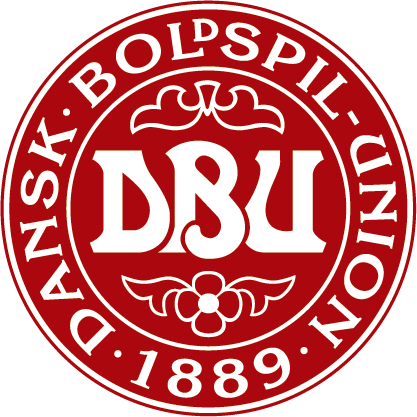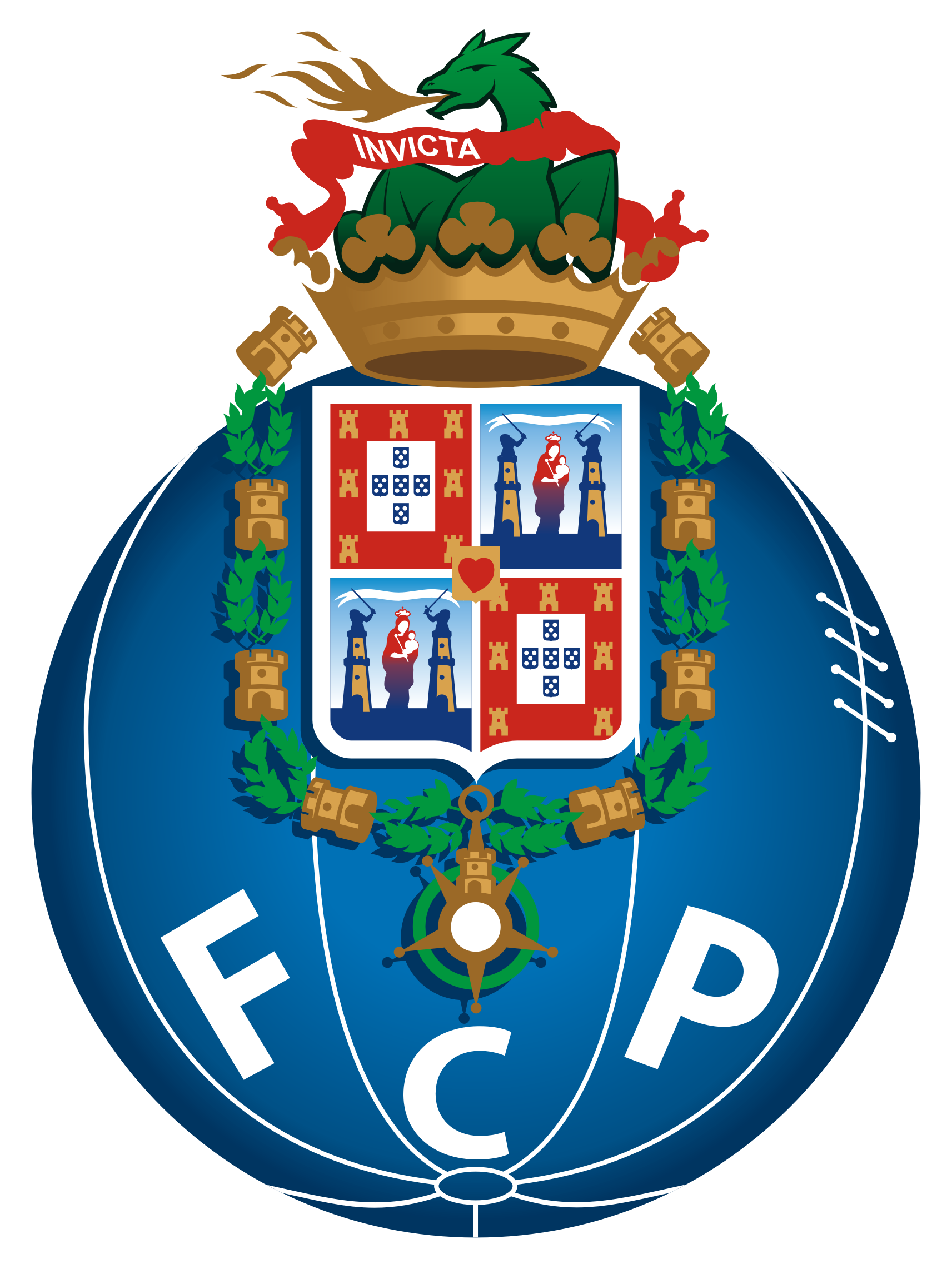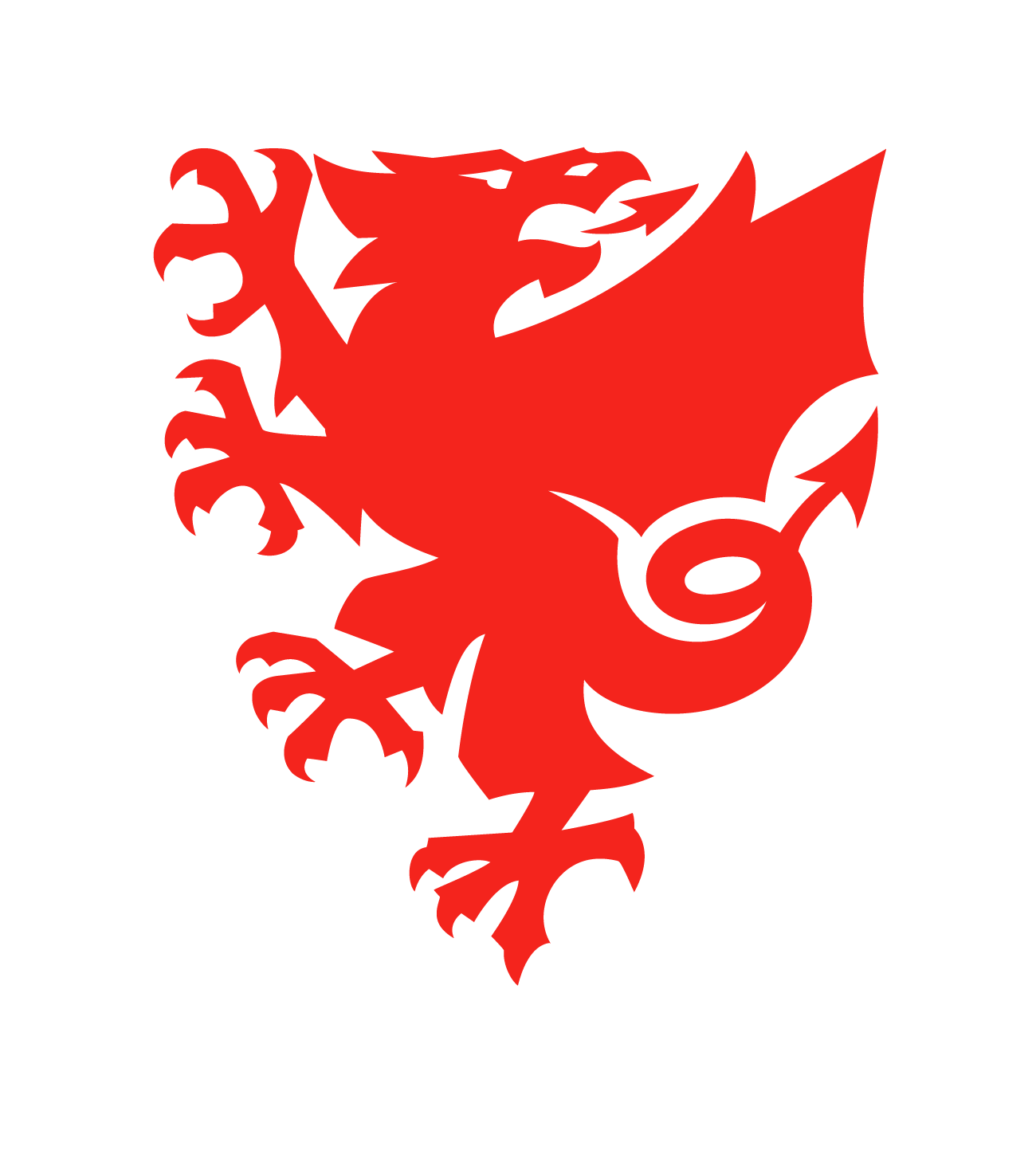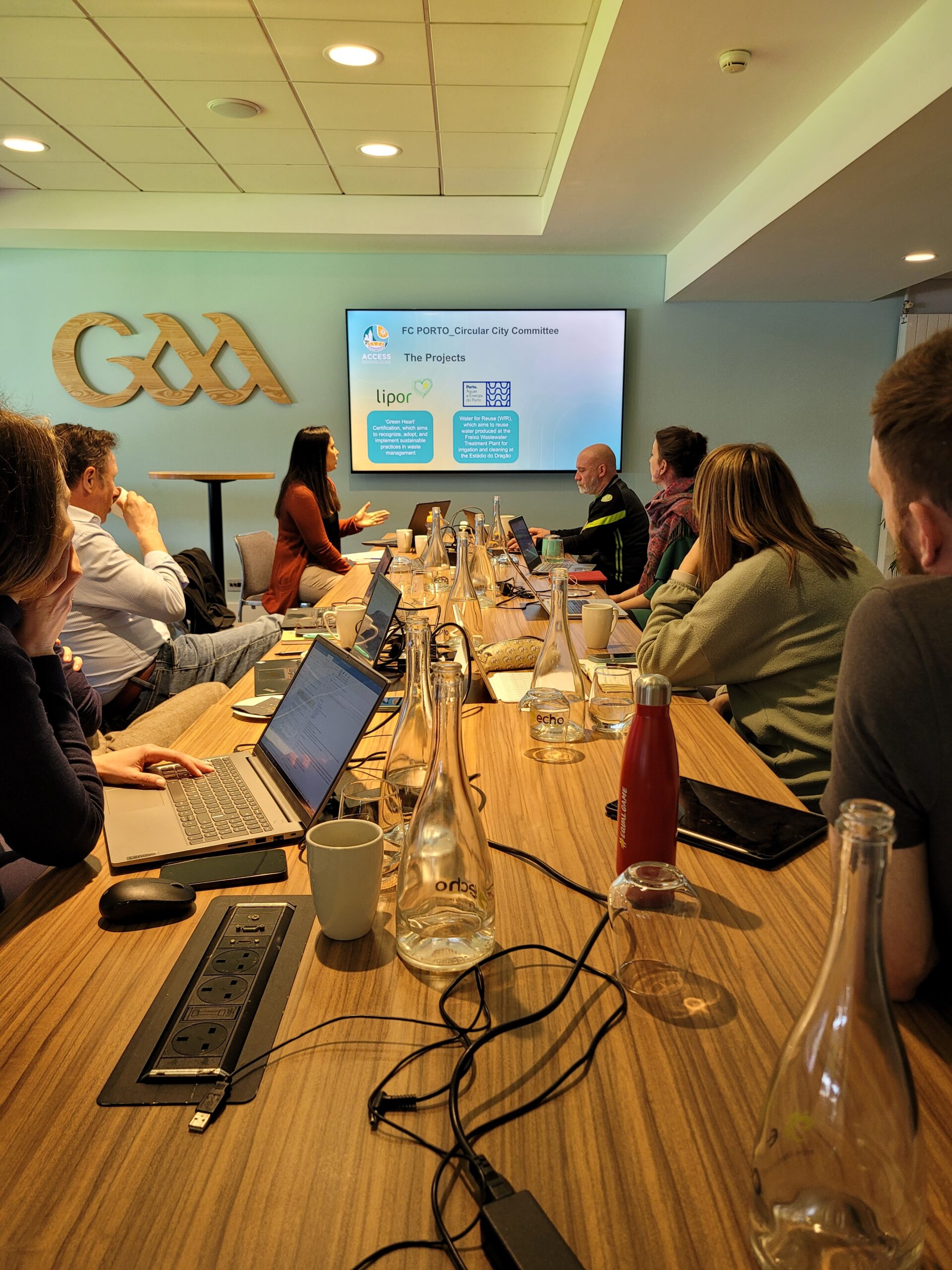Local and national Action Plans in focus as the ACCESS project partners meet in Dublin
The six project partners met in Dublin on 9 April at Croke Park, for their regular Steering Committee meeting which was marked by an important milestone – the announcement and sharing of their Action Plans.
While the meeting allowed the project partners and its coordinator, ACR+, to catch up with each other, share latest project developments and discuss challenges, ideas and upcoming tasks, the very focus of the meeting was on the four Action Plans.
These Action Plans come as a result of a process which started slightly more than a year ago, seeing more than a dozen interviews conducted with the staff of the four participating sport organisations – FC Porto, the GAA and the Football Associations of Wales and Denmark, study and field visits of stadiums and training centres in Cardiff, Porto, Dublin and Copenhagen. The observations, conclusions and the Key Performance Indicators analysis results, allowed the project’s two technical partners – ACR+ and Sant’Anna School of Advanced Studies to get back to the sport organisations with their feedback, highlighting the hotspots and potentials for environmental management improvements in the sport organisation’s operations and processes. In the meantime, the four sport organisations reached out to their local and regional public and private stakeholders, inviting them to join the four Circular City Committees in Wales, Dublin, Porto and Denmark. Fed by the findings from ACR+ and Sant’Anna School.
This meeting in Dublin allowed the project to enter a new phase as the four Action Plans describing the pilot actions the four sport organisations would start implementing were presented. A diverse set of pilot actions spanning over energy and water management, waste prevention, single use plastic phase out, sustainable, active and shared mobility, as well as rethinking the space dedicated to different modes of transport, and finally awareness raising will mark the last year of the project, seeing more than 20 local and regional private and public stakeholders involved in their implementation – an objective the project had from the beginning – enhanced cooperation between sport organisations and their stakeholders for achieving more circularity in their cities and regions.
The stakeholders who will be involved in these pilot actions range from public authorities and agencies, such as waste, water or energy agencies, public transport providers, academics and fellow sport venues and teams from the same city and finally private sponsors.
We will be announcing the Action Plans, one by one in the coming weeks, so make sure you stay tuned.














